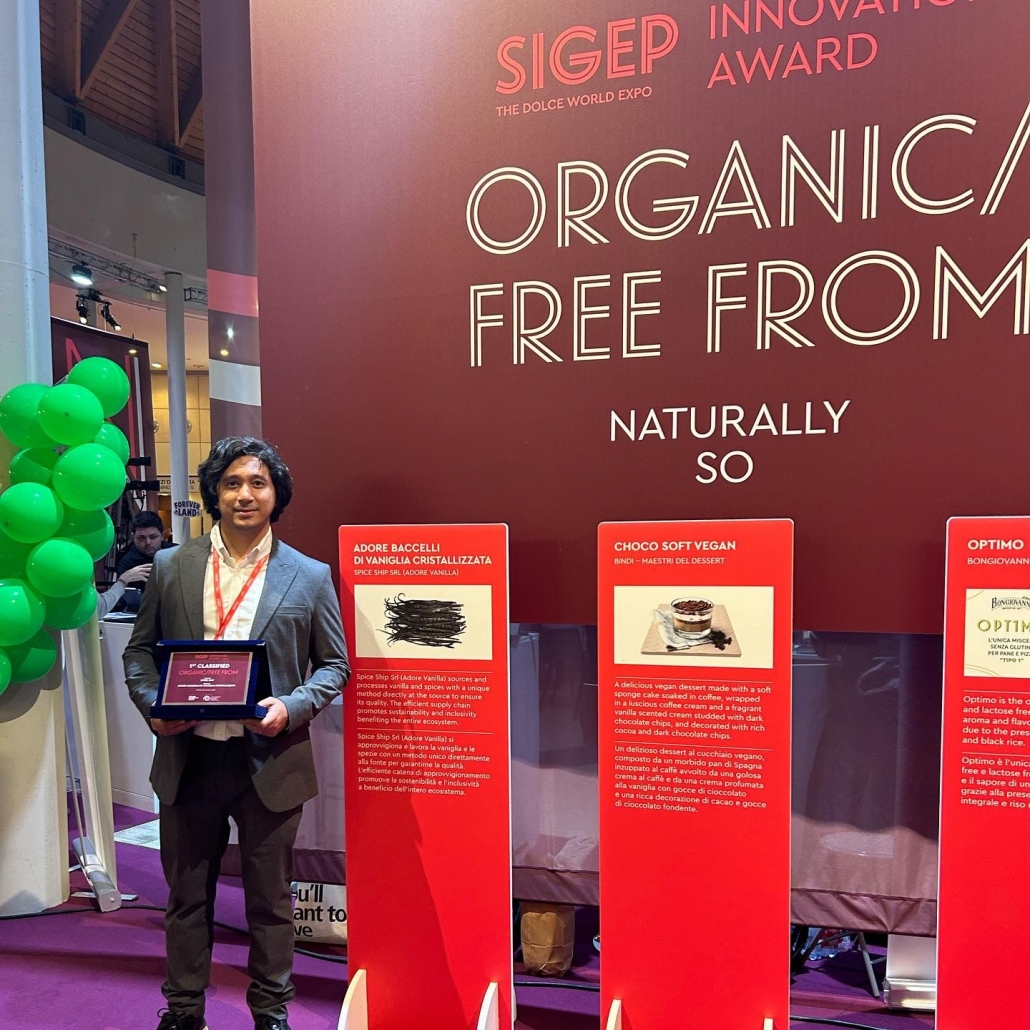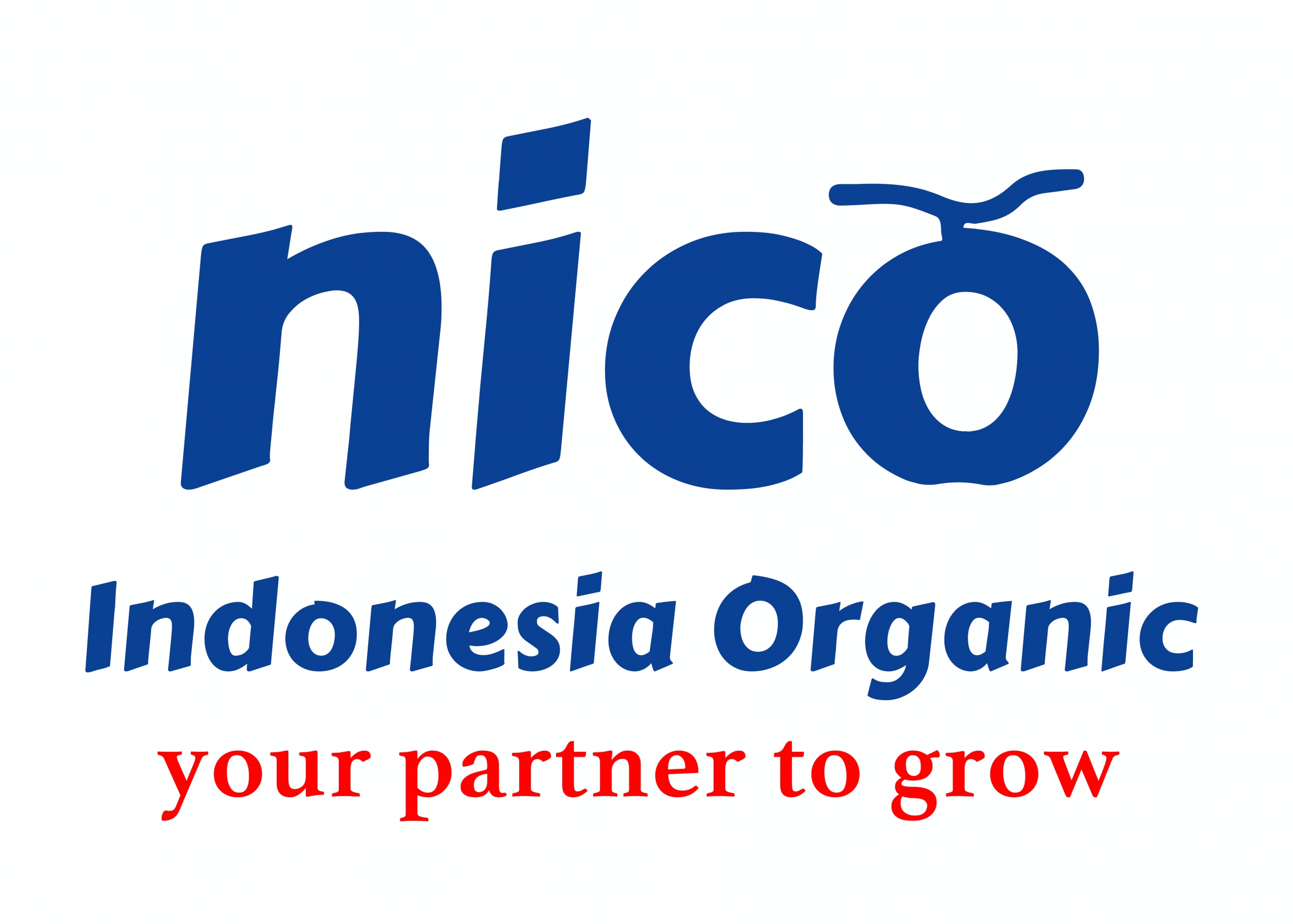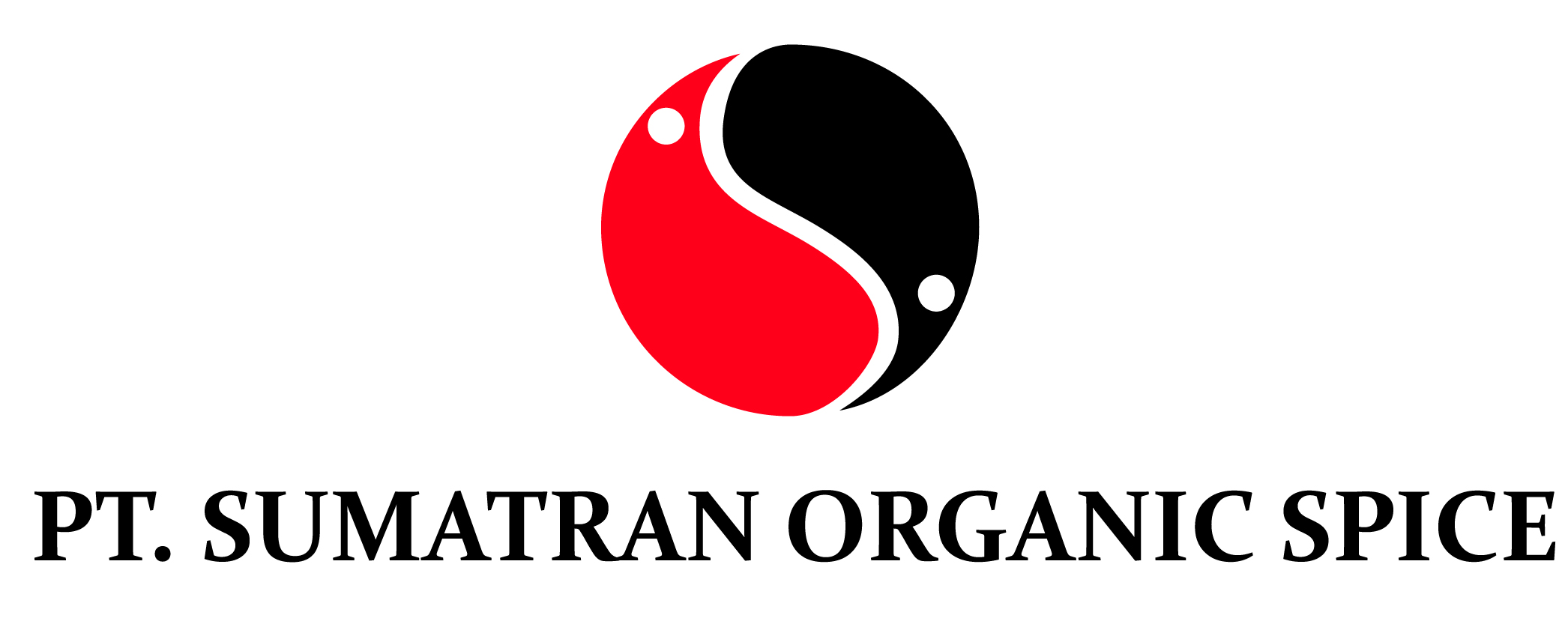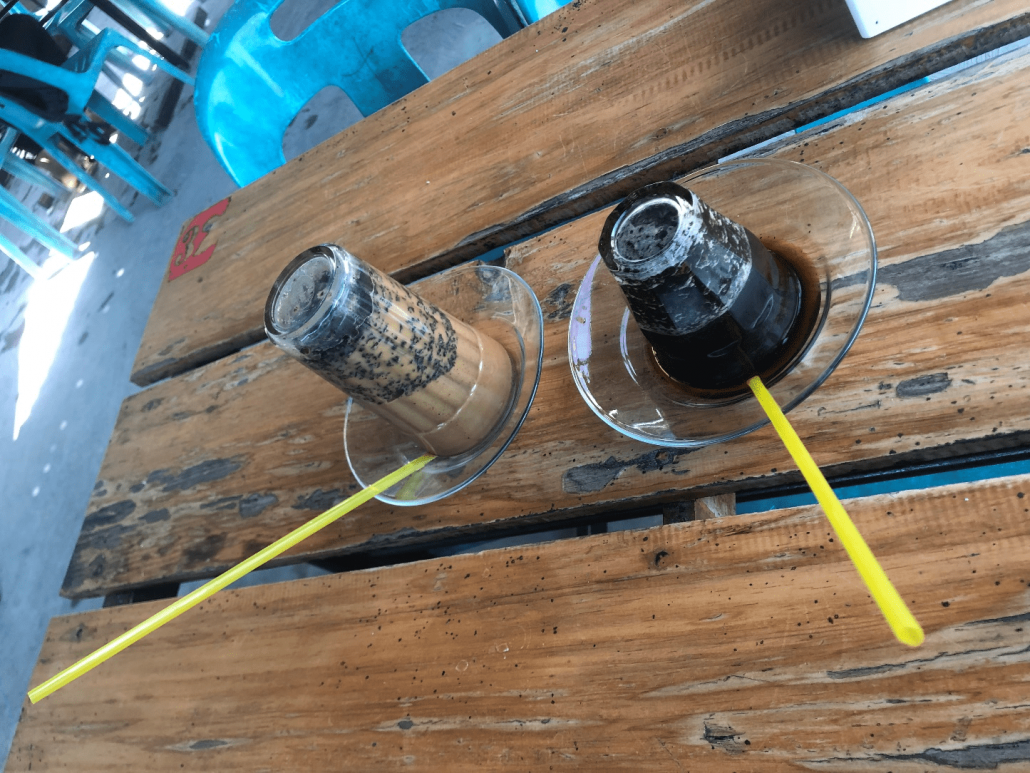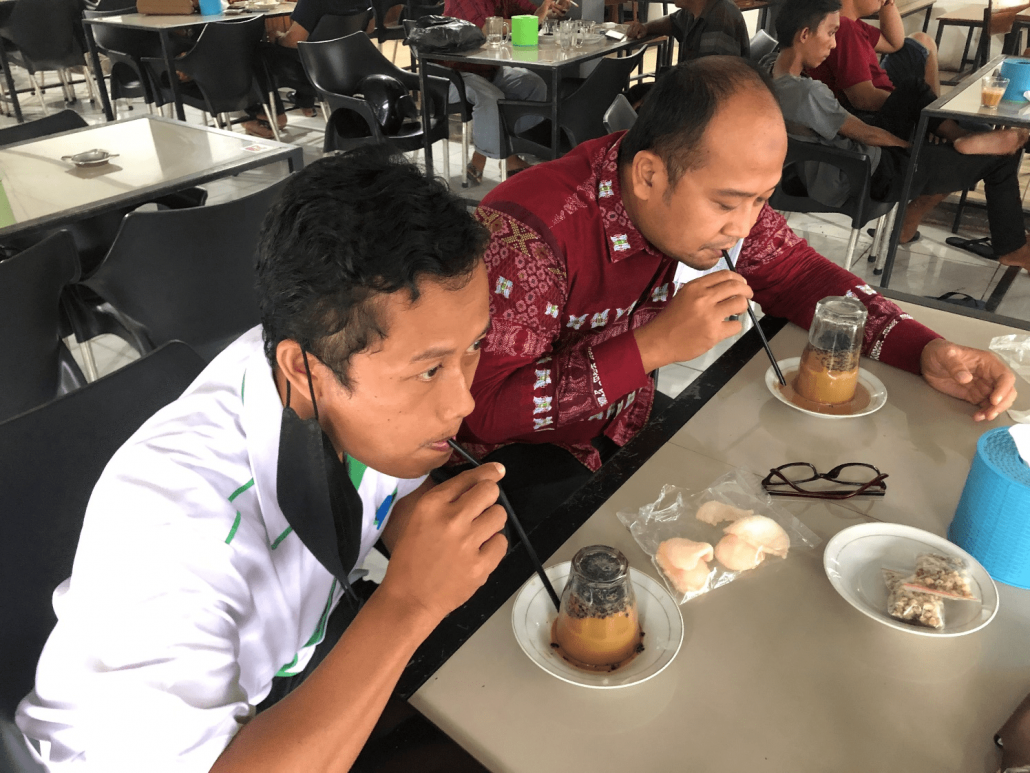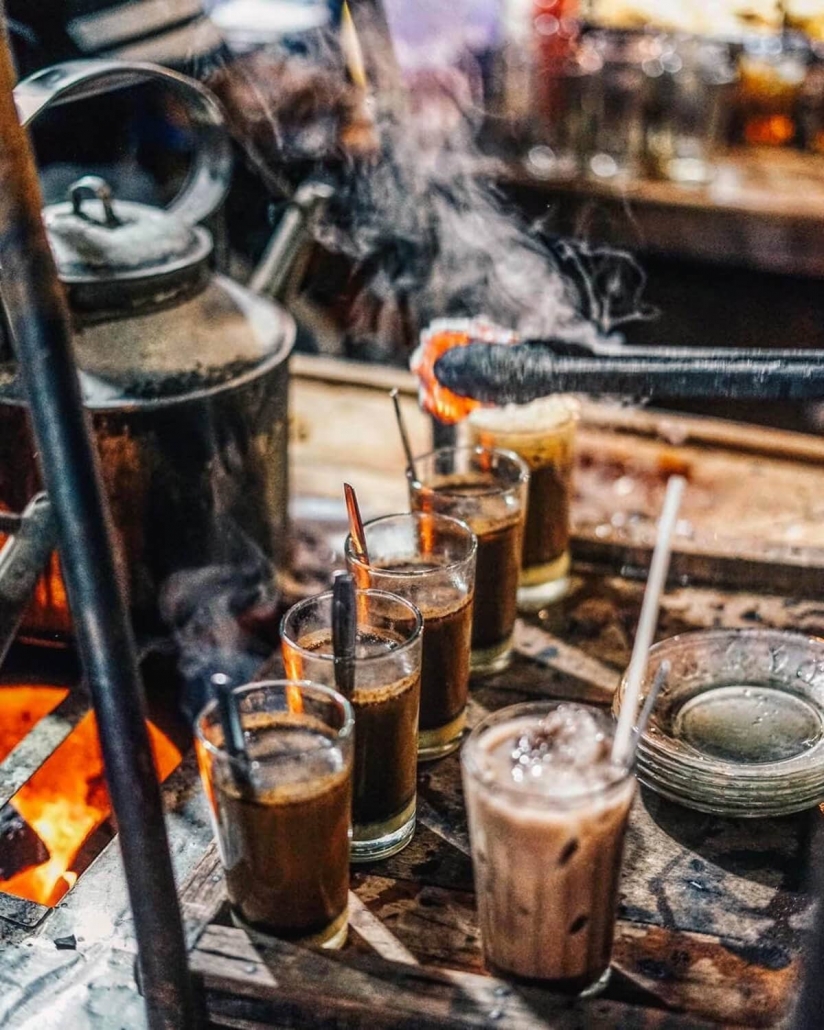Interzum is the world leading event for the supplier section of the furniture and interior construction industry. This is where trends and visions that will create the living spaces of the future using modern materials, extraordinary design and exclusive innovations come to life.
An important feature of the trade fair is the highly international character of the exhibitors. The fair not only connects local markets, but also encourages further Internationalisation in the field of furniture and interior equipment production.
Interzum is also a great source of inspiration for product developers, designers and architects. Its comprehensive support program, complete with the awarding of the renowned Interzum awards, offers endless stimulation.
Directorate General for National Export Development will collaborate with Indonesia Trade Attache in Berlin and Indonesia Trade Promotion Center (ITPC) in Hamburg, LPEI Indonesia Eximbank supported by IPD – Import Promotion Desk and Swiss Import Promotion Programme (SIPPO) to participate in the Interzum exhibition which will be held on 9-12 May 2023 in Cologne. At this exhibition there are six co-exhibitors who will occupy an area of 55 qm located in Hall 5.1 with stand number 38. The six co-exhibitors are as follows
PT Ratimdo Utama is a Rubber (Hevea brasiliensis), Jabon/Kelampayan (Neolamarckia cadamba), and Pulai (Alstonia scholaris) wood processing manufacturer which produce Finger Jointed Laminated Boards and Shinzai (issobou, nissobou) located in Medan, North Sumatra, mainly for Japanese market for more than 15 years
PT Rama Gombong Sejahtera is an experience private wood manufacturing company established since 1979. The company has 2 manufacturing sites with a total area of more than 11 Ha, both located in Kebumen, Central Java, Indonesia. Exporting to more than 20 countries, the company focuses on high quality products, with experienced human resources and supported by qualified facilities and resources
PT Sumber Sejahtera Alamindo (SSA) was established in 2008 and since then has been able to grow rapidly in various areas of the timber business.
SSA specialises in various timber products, but the main business is Merbau decking which is done from sourcing sustainable timber in Indonesia to international standard decking products delivered worldwide
Ribka Furniture is a furniture manufacturing company based in Solo, Central Java (Indonesia). For more than 20 years, the company has been producing top-quality indoor and outdoor solid teak wood furniture for customers covering the United States, Asia, and European countries. Its experienced in-house wood craftsmen are facilitated with the proper machinery to increase effectiveness and efficiency for better production
Citra Fajar Utama, a timber manufacturer and exporter since 1997. The company is a specialist in decking, flooring, mini flooring, parquet, lamparquet, finger joint and laminated furniture. Citra Fajar Utama use raw materials from various types of teak, mahogany, acacia and mixed jungle wood. The company does not use wood from plants or other sources that do not care about the environment
Hasil Albizia Nusantara was established in 2011 as a plywood manufacturer and mostly exported to the Chinese market. In 2016, the company expanded its plywood and particleboard divisions to cater to wider international opportunities. In 2020, the main export markets are the United States, the European Union, and Australia. The production facility is located in Surakarta, a major city in Central Java, Indonesia. This provides easy access to sustainable raw materials and Indonesia’s third largest port, Semarang. The production facility occupies an area of 27,000 square metres which includes log stripping production lines, plywood production, as well as raw material and product storage areas. Current production output is approximately 20,000 m3 per year.
To get to know our co-exhibitor companies, please download the Company Profile below
Partner directly with an Indonesian Supplier, Send your inquiries or ask for trade inquiries


